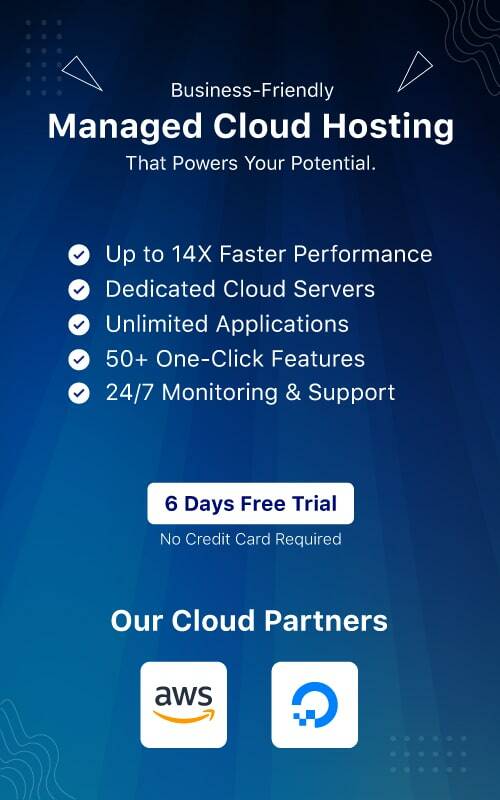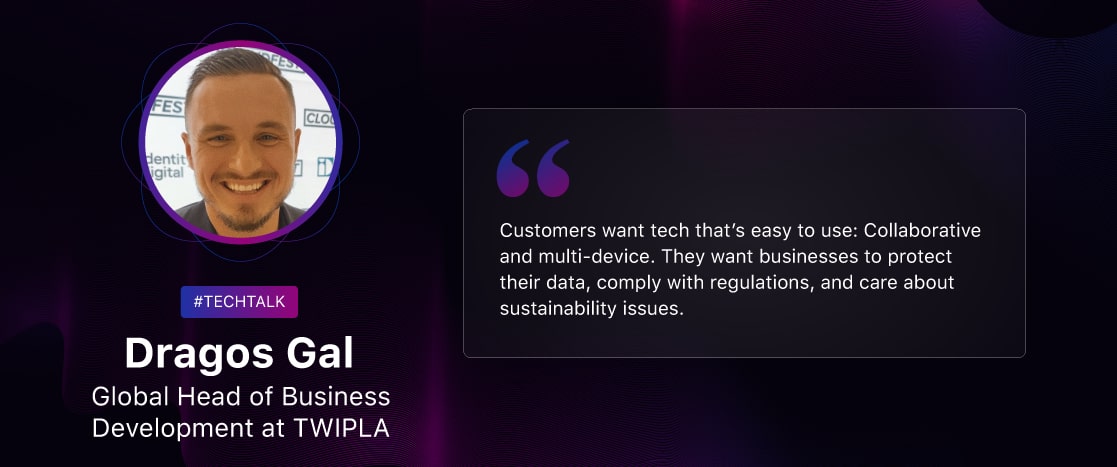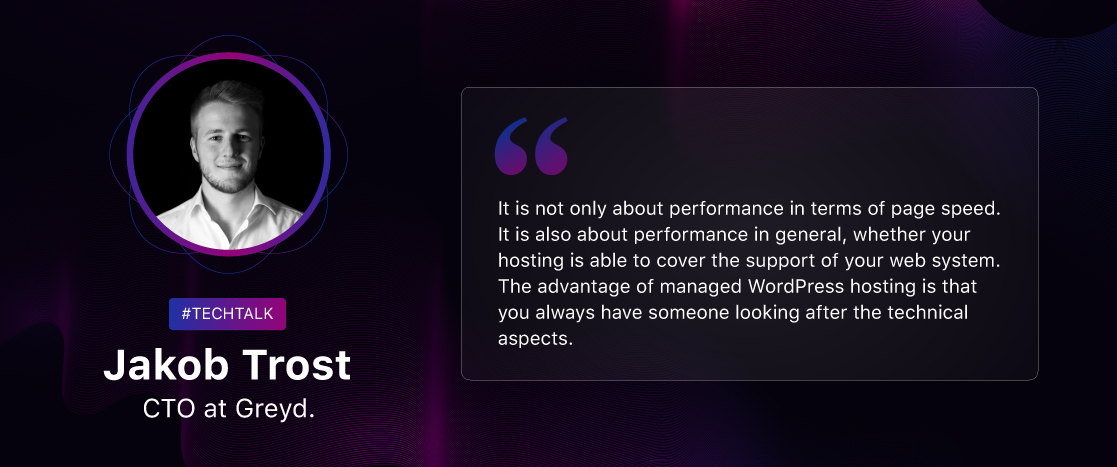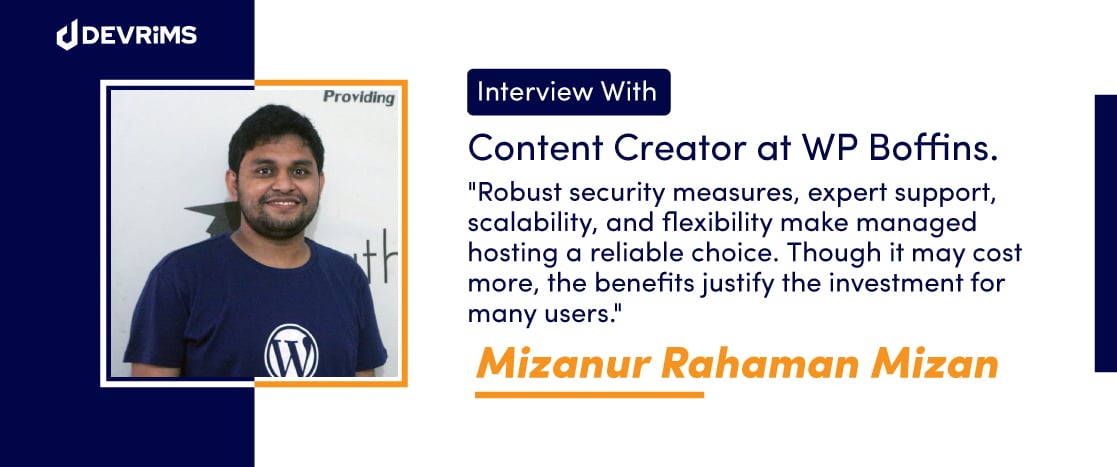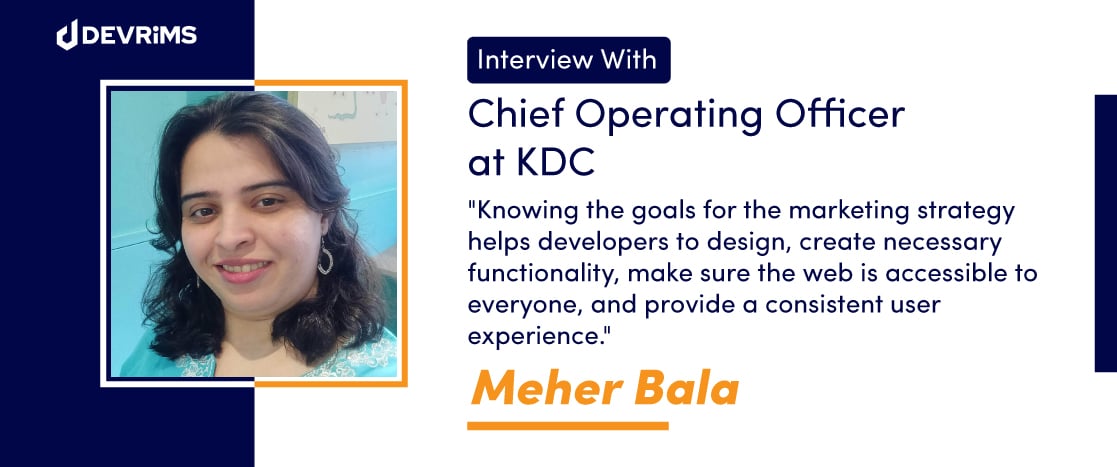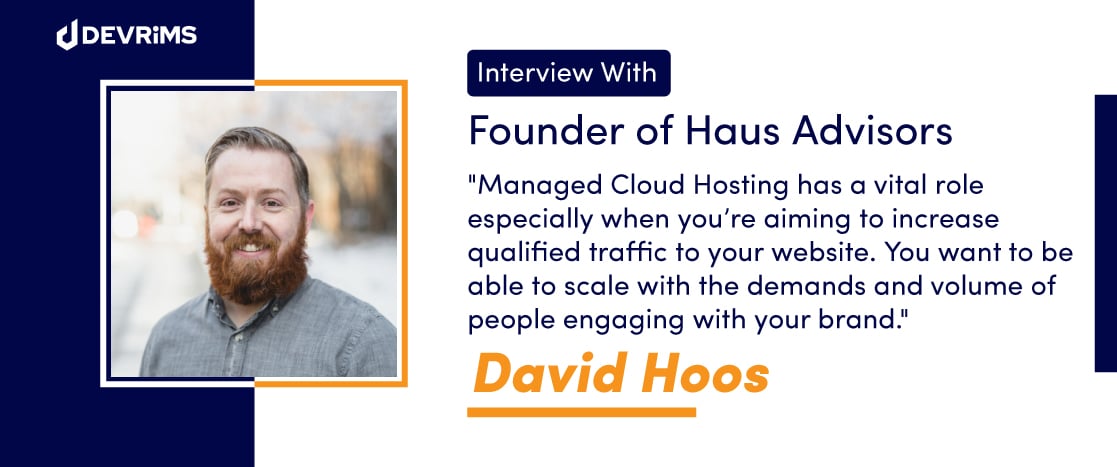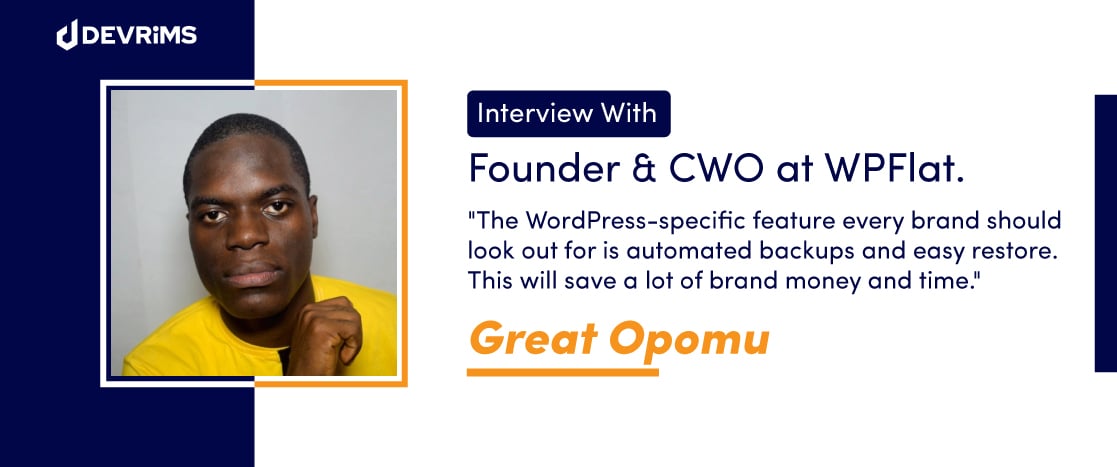
Devrims #TechTalk025: Steve Burge Talks About Customer Engagement & Building WordPress Businesses
Sometimes, it becomes difficult to introduce a “do-er” like Steve Burge. With more than 20 years of experience in open source software developer, Steve’s work can’t be summarized in just a few lines.
As an teacher who jumped into open source development, he brought the two together by founding OSTraining.com, one of the best learning platforms for open source software training. While working on OSTraining, Steve was pretty busy with 3 main web development software: Drupal (via DrupalCon), Joomla (through JoomlaShack), and WordPress. (A little side note: OSTraining was sold in 2018 and he is not actively working with DrupalCon.)
When it comes to WordPress, he’s the force behind some very popular plugins, like MetaSlider (created in 2013), TaxoPress, and more.
So, what’s Steve doing these days? Well, you can read all about it in this interview!
Devrims: Hey Steve, thanks for being here today. Can you please provide a brief overview of your background and your role at the companies you’re involved with, such as PublishPress, WPMetaSlider, TaxoPress, and Logtivity?
Steve: Sure thing. I’ve been involved with open source software for 20 years. I’m from England originally and now live in Florida in the United States. Currently, I help run some popular WordPress plugins that have over 1 million installs:
- PublishPress develops powerful publishing plugins.
- MetaSlider is the most popular slideshow plugin for WordPress.
- TaxoPress allows you to create and manage Tags, Categories, and all your WordPress taxonomy terms.
- Logtivity is a SaaS platform that tracks activity and errors across all your WordPress sites.
Devrims: What originally inspired you to start developing WordPress plugins and what was the first one you created?
Steve: For years, I ran a training company called OSTraining. We provided live training, filmed videos, and wrote books. We increasingly built larger plugins to add functionality for our students and gradually started to sell those plugins. It takes quite a while to learn the WordPress plugin system so our transition from training to plugin development was gradual. We had a lot of false starts before finally seeing success with our current plugins. Our first plugin was called PublishPress and once people started using that, we talked with them, learned more about the needs, and gathered ideas for new products.
Devrims: Your plugins now have over 1 million users. What do you think has been vital to growing an engaged user base? How do you gather feedback from users to improve the plugins?
Steve: I’m going to speak entirely personally and explain what works for me. I engage users and gather feedback by being on the very front lines of customer support. Customers can feel the difference when the founder is interacting with them directly. I don’t send every reply, but I read most tickets and do reply to many. This is enormously time-consuming, but it breeds customer loyalty – and with every ticket I’m getting direct customer feedback on how we can improve.
Devrims: As the WordPress plugin ecosystem matures, how do you see new plugins differentiating themselves and gaining traction?
Steve: With difficulty. Ten years ago, it was possible to be an accidental success because WordPress was a young market. Now WordPress is a mature market these days and there are a lot of well-established companies in the major niches, such as SEO and forms. However, there are still lots of under-served niches for talented people who have the patience to build a product and a business over the course of 2 to 3 years.
The people who are succeeding are the ones that can build a loyal community around their product. We do it with support, as I explained in my previous answer. Another approach is to focus on being very active with social media and YouTube. Some big plugins have grown fast largely because of great marketing work. Another approach is to largely ignore support and social media in order to have a fanatical dedication to moving as quickly as possible with the product itself. That’s not what we do, but we’ve seen that approach work with other successful plugin companies.
Devrims: Let’s do a quick rapid-fire.
| Devrims | Steve |
| WordCamp US or WordCamp EU | WordCamp US, simply as I’m based here. |
| Mountains or Beaches | Beaches, as we’re in Florida. |
| Tea or Coffee | Tea, as I’m English. |
Devrims: The WordPress community is known for its collaborative nature. How do you actively participate in the WordPress community? What benefits have you gained from this involvement?
Steve: We’re in the WordPress publishing space, so last year I started KinshiPress, a blog where we write about stories of interest for WordPress publishers. We cover new publishing start-ups and tools. You’ll find posts there on everything from enterprise publishers to one-person operations. I believe something new and exciting is growing in online journalism. I’m aiming to connect the plugin and platform developers who are working to support journalists using WordPress.
Devrims: Can you discuss the balance between maintaining compatibility with existing WordPress versions and taking advantage of new features and improvements in newer versions?
Steve: We don’t worry too much about individual WordPress versions, but a real challenge is split between the block editor, classic editor, and page-builders. We have one plugin called PublishPress Blocks that focuses specifically on Gutenberg. But for most of our plugins, users are on a wide variety of editors. We’ve found the best approach is to develop good short-code and good Gutenberg blocks. That is double the work, but it does cover most scenarios.
Devrims: Can we have a snapshot of your workplace?
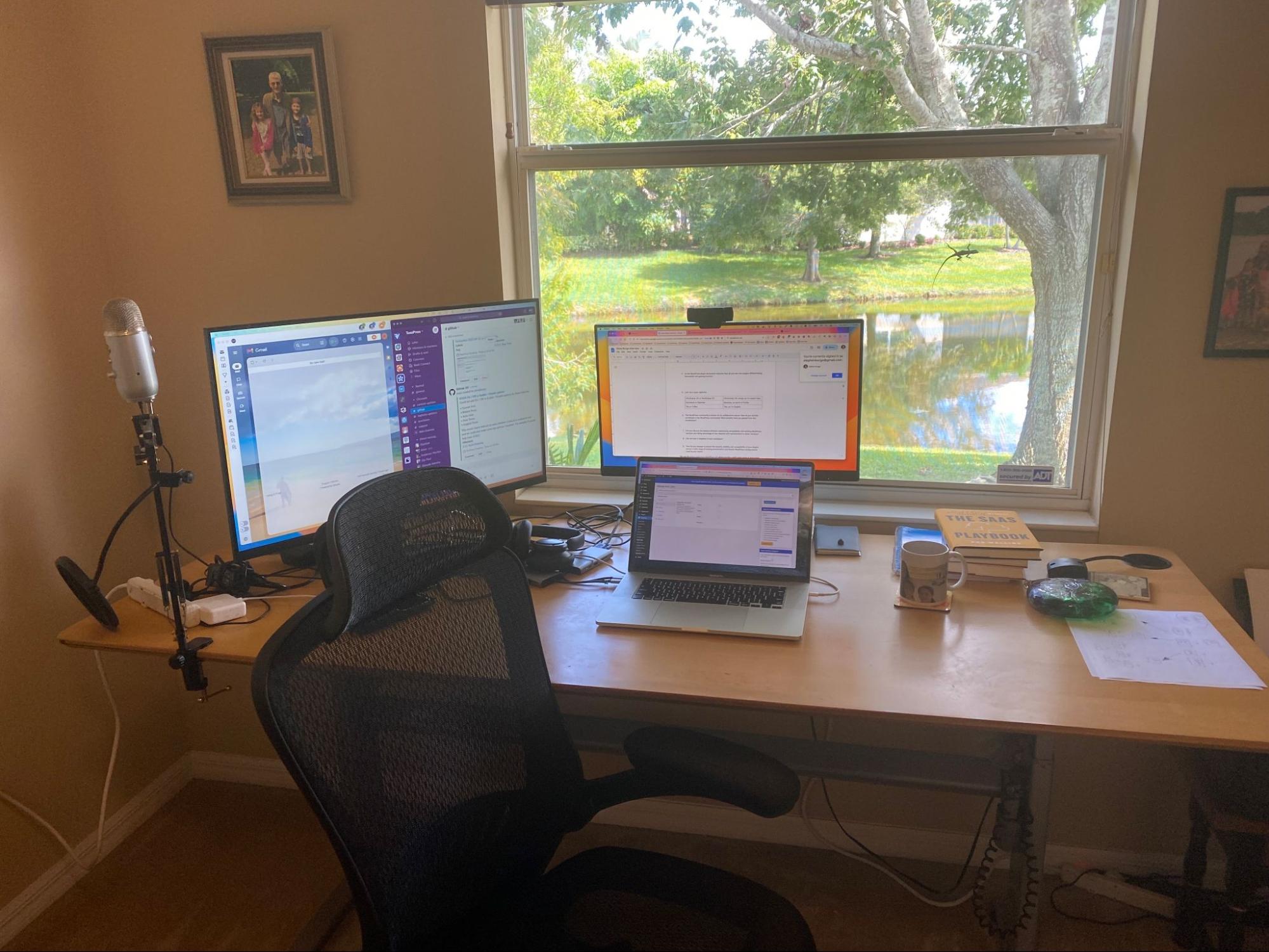
Devrims: How do you manage to ensure the security, stability, and compatibility of your plugins across a wide range of hosting environments and diverse WordPress configurations used by your users?
Steve: We use the testing tools from WordPress VIP, which provide a really good range of automated tests. It’s more difficult to test across WordPress configurations, because there aren’t automated tests available for different hosting companies and development environments. One change we’ve seen recently is more agencies using Composer to manage their WordPress sites, so we spent several months refactoring our plugins to support Composer.
Devrims: As we wrap up, who would you recommend us to interview next?
Steve: How about Derek Ashauer from https://www.sunshinephotocart.com
